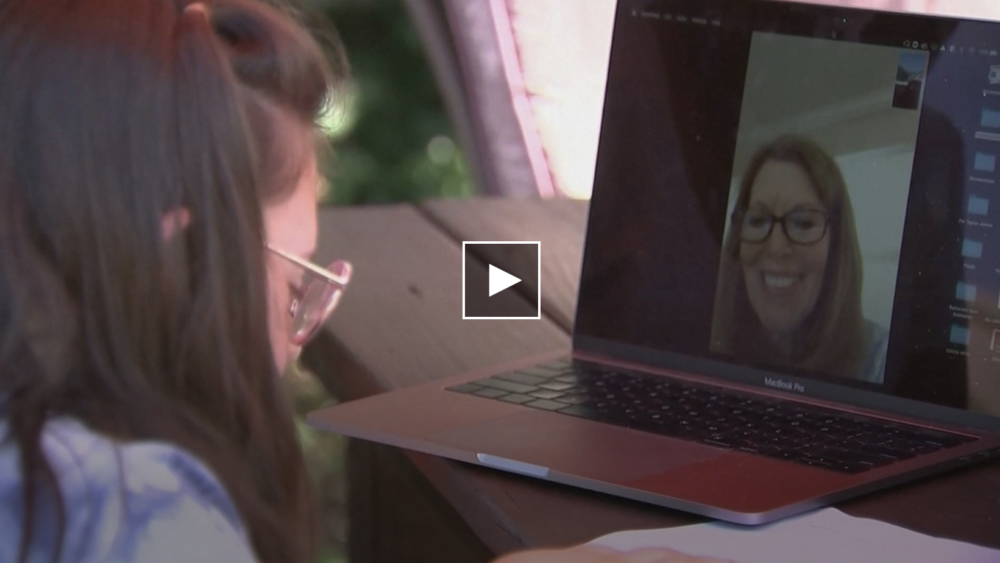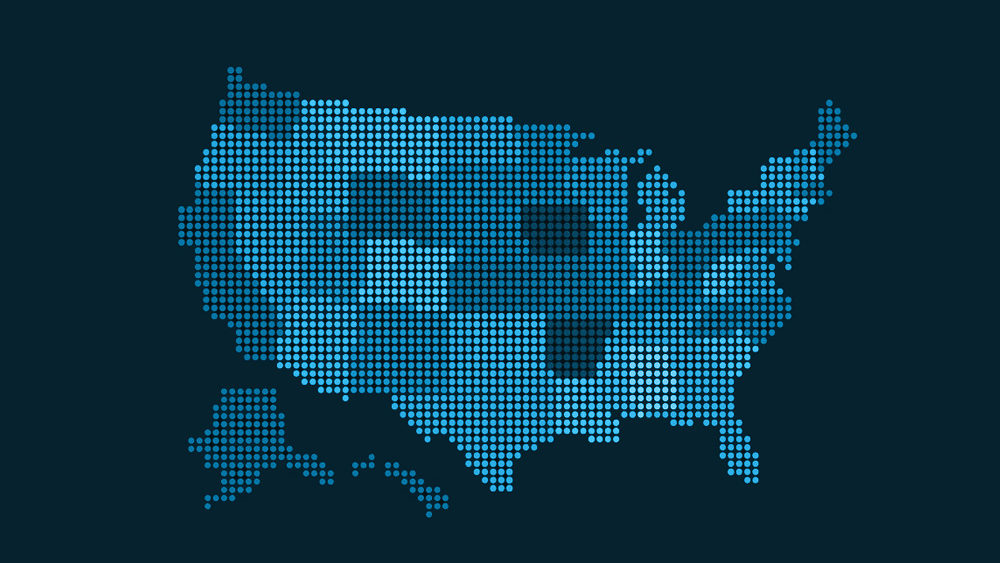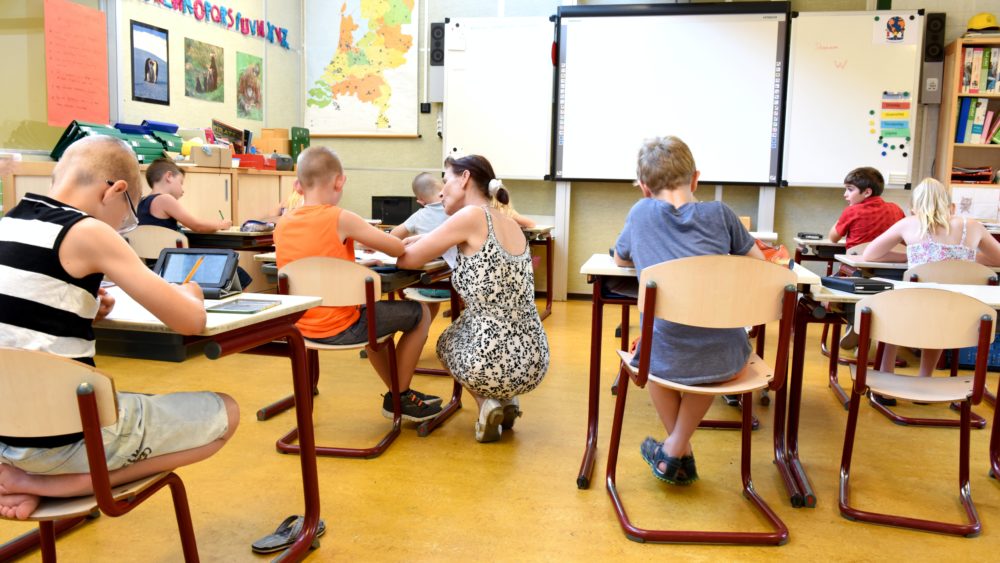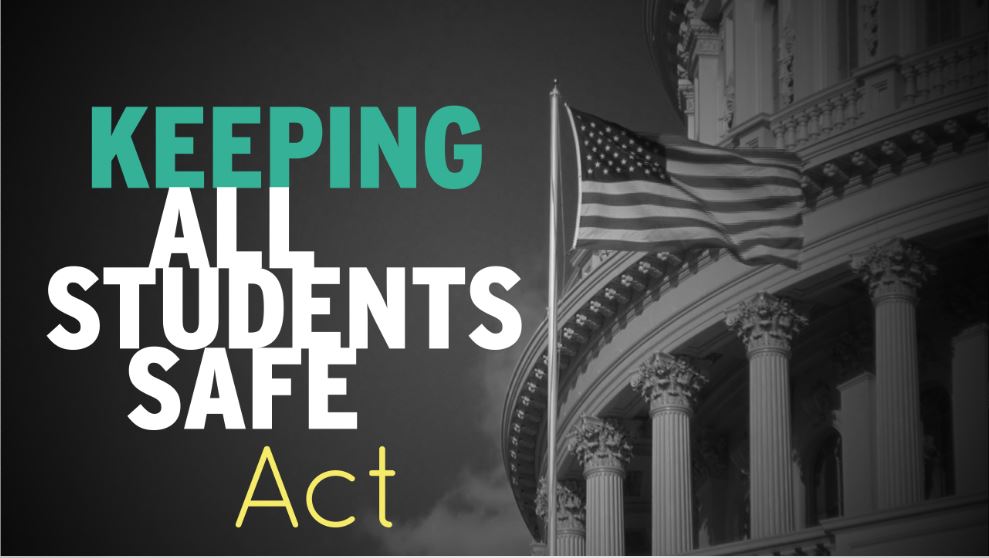In December 2020, Lauren Morando Rhim joined NBC Montana to discuss the challenges of educating students with disabilities during the COVID-19 pandemic.
This interactive visual database includes data on enrollment, discipline, local educational agency (LEA) status, authorizer, and funding aimed at building understanding of the special education landscape and related trends across every state in the nation.
This page provides sources, methodology, and definitions for the Center’s interactive database, Trends in Special Education in Charter and Traditional Public Schools by U.S. State.
This week, as we focus on gratitude, we’re also celebrating the 45th birthday of the Individuals with Disabilities Education Act (IDEA).
In November 2020, Education Post published an article by Local Policy Manager Jennifer Coco about the implications of the New Orleans special education lawsuit (P.B. vs. White) ten years on.
In November, Senior Director of Policy Wendy Tucker shared her thoughts with District Administration on the newly reintroduced Keeping All Students Safe Act, aimed at preventing and reducing the harsh disciplinary practices of restraint and seclusion.
The Center for Learner Equity applauds the reintroduction of the Keeping All Students Safe Act (KASSA). Students with disabilities experience disproportionately high rates of restraint and seclusion in public schools, and we need this bill to address this dangerous inequity.
For decades, students with disabilities have been disproportionately subjected to the harshest and most exclusionary discipline in schools, including suspensions, expulsions, restraint, seclusion, referrals to law enforcement, and school-related arrests.
As EdSource reported in November, the pandemic has changed the way that students are disciplined—yet students are still subject to punishments like suspension in the virtual environment. Senior Policy Director Wendy Tucker weighed in on the potential negative impacts on students.
The Center congratulates President-Elect Joe Biden and Vice-President-Elect Kamala Harris on their victory. We look forward to this opportunity to work together to promote and protect the civil rights of students with disabilities.








